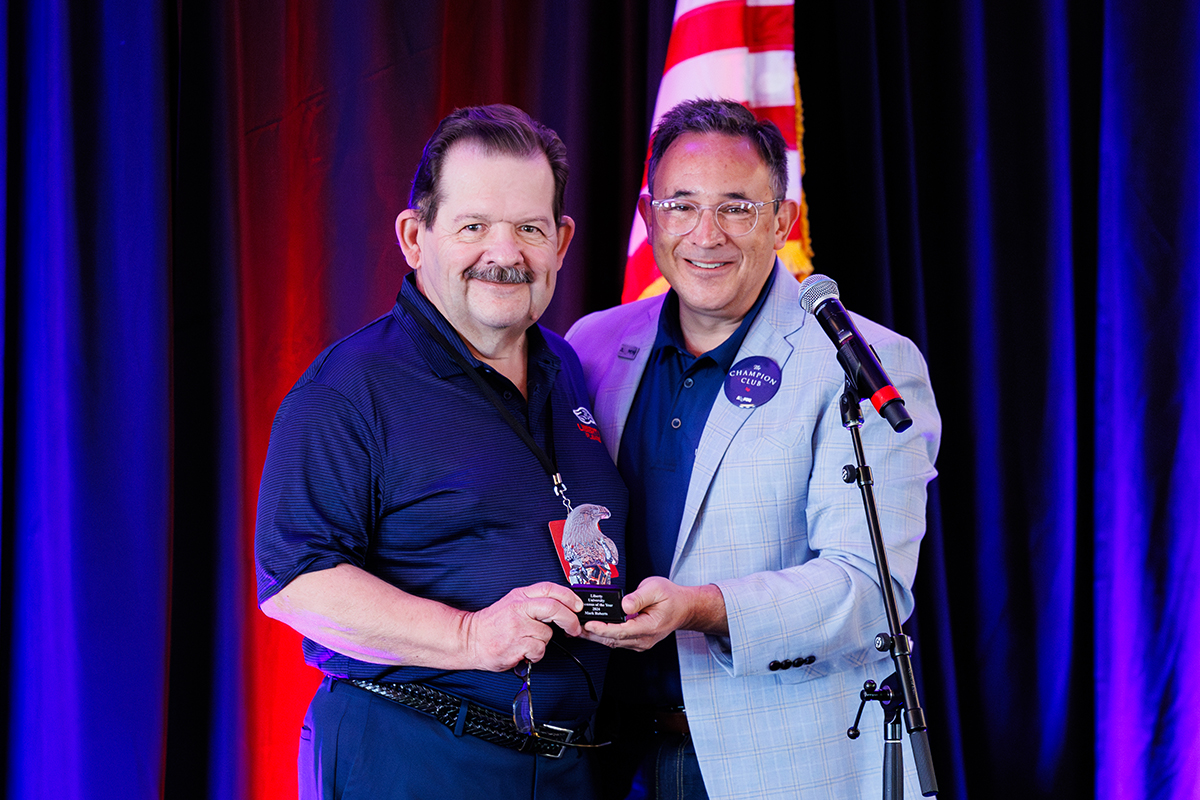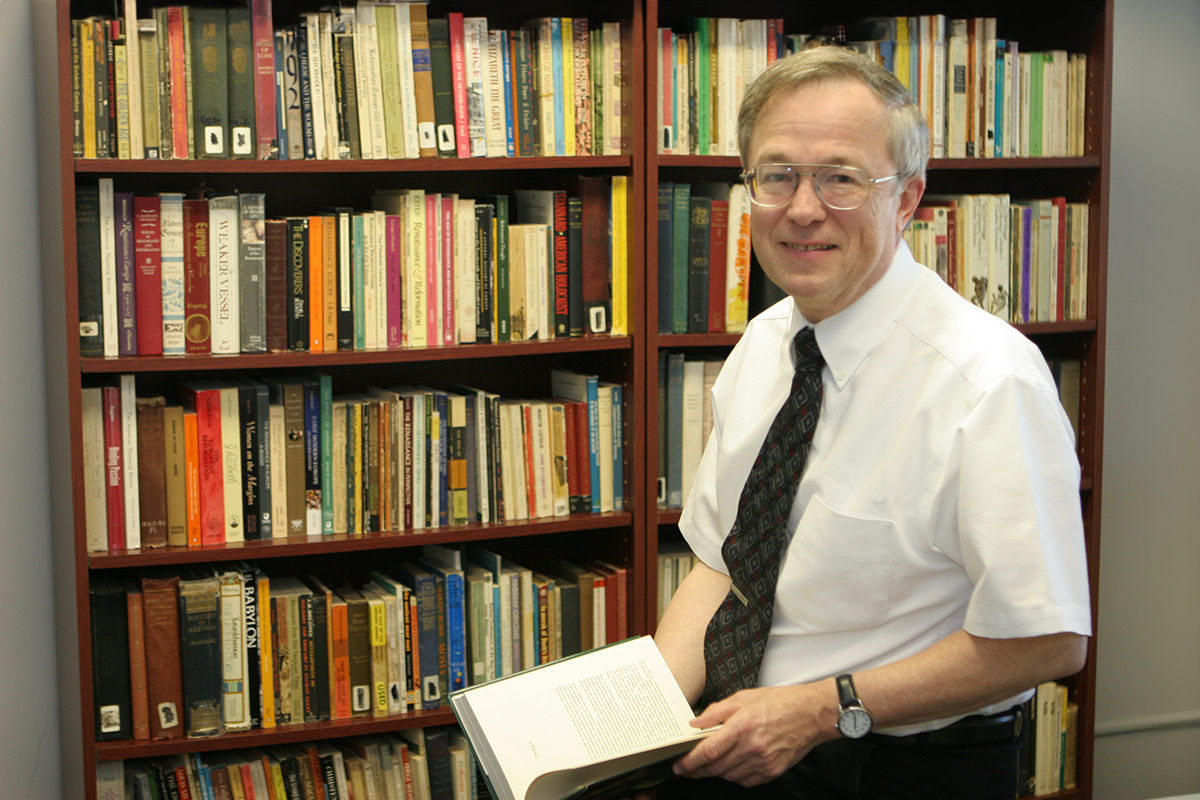Search News Archives
Filter News Articles
Additional Navigation
LU Nursing alumni display compassion and dedication in the fight against COVID-19
June 4, 2020 : By Ryan Klinker - Office of Communications & Public Engagement
Every nurse is trained to treat the sick, doing whatever they can to face the ever-changing world of medicine with compassion and the goal of seeing their patients walk out the door. Positioned on the front lines of the COVID-19 pandemic, many members of Liberty University’s School of Nursing family have seen their work environments change in multiple ways, but their important role in the community has remained the same.
As COVID-19 hit the country, nurses in the most densely affected areas were overwhelmed by the influx of patients potentially carrying this relatively unknown virus and, in some cases, did not have adequate amounts of supplies and staff to respond.

Alexandra Dawe (’16), who earned her Bachelor of Science in Nursing through Liberty’s residential program, was working at a pediatric ICU in Atlanta when she heard of an opportunity in early April to use her skills in the country’s epicenter for the pandemic, New York City. She joined a team of nurses coordinated through a staffing agency and set foot in New York in a matter of days.
“I knew the need was there and that I had the skill set, so it was almost as if I said, ‘I can help, so why not do it?’” Dawe said. “I thought about my fellow nurses being overwhelmed with the amount of patients, and I’ve always thought of nurses as being a big community, a global community. I knew I could help another nurse who’s struggling, provide care to a patient who is sick and scared, and help families get their loved ones back to them.”
The agency provided housing and transportation, and she began five weeks of long hours and back-to-back work days. While she said that she never felt pressured to work without proper equipment, there were times when personal protective equipment (PPE) was limited due to a high demand.
“We are very blessed to live in a first-world environment that has great resources, but this suddenly became an environment where we didn’t have the resources we usually have because we were so overwhelmed,” she said. “It was definitely very scary to go into a unit that I knew only had COVID-positive patients and would have to make a mask last five days because of (a shortage of) supplies.”
While nurses are taught countless protocols, there is still no surefire treatment for COVID-19, and Dawe said that the resources available were not always enough to treat the fast-moving and sometimes fatal symptoms of the virus.
“There was a feeling of helplessness to see that we’ve tried everything we can and these people aren’t getting better sometimes,” Dawe said. “The patients would get very sick very fast. They would come in walking and talking and then suddenly within days would be intubated.”
“I will say that I put more people in body bags in those five weeks than I have in my four years of nursing,” she tearfully added.

Having worked at Lynchburg General Hospital’s ICU for 14 years, adjunct nursing professor Sarah Smith (’13) attested to the quick changes made to her workplace in response to the onset of COVID-19. The changes included the use of air filtration to ensure negative pressure in a separate unit solely for acutely ill patients and an extensive process of decontamination when traveling between the rooms under lockdown.
“I think any nurse these days would say that we never expected to be in this type of situation with a pandemic, but of course this is what we trained for, to help people,” Smith said. “This is our calling, and certainly we pray for continued protection because we want to do what we feel called to do and help our patients when they feel sick, but at the same time we have to be responsible to make sure we don’t pass the virus along to others or ourselves.”
Upon entering the hospital’s “hot zone” at the start of a 12-hour shift, Smith said nurses are not permitted to leave the space, even to go to the cafeteria. While in a patient’s room, they try to do as many tasks as they can to prevent frequent visits. “Runners” stand by outside the door to hand nurses items they need.
Before she walks into a room, Smith washes her hands and puts on a gown, gloves, a special respirator, and goggles or a face shield. When exiting, she takes off each item, washes her hands between each item’s removal, disinfects her shield and goggles, and puts on fresh PPE for the next room.
Smith’s parents are both in full-time church ministry, and she said that nursing is her way of ministering to those in need.
“I once had a patient ask me why I didn’t go into the ministry like my parents, and I told her that (nursing) is my calling in the ministry,” she explained. “I love critical care, I love taking care of patients who are on death’s door and seeing them get better, and if they don’t get better, I’m honored to be the one to walk them home to be with the Lord.”

After taking time off to focus on her graduate studies, Elisabeth Campbell (’14) answered the Lord’s call this spring to work at a hospital in the resource pool, which allows her to use her training in multiple areas to meet the highest need each day. Even on the days when she is not working directly with COVID patients, Campbell’s role is important because every patient in the hospital is being affected by the pandemic.
“Nursing is an opportunity to be present with every patient and be there to listen to them because, since their families or loved ones aren’t able to be in the room with them, they don’t have that support system,” Campbell said. “There’s a lot of anxiety out there and patients are worried, so we get to be there when others can’t.”
Even with the extra equipment and precautions in place, Campbell reinforced the idea that her job at its core has not changed and emphasized that her faith has guided her to this profession.
“I know I was called to nursing, and my decision to come back to nursing was because I felt like the patients needed me and I felt like the Lord was putting on my heart to do it,” she said. “I picked Liberty back in 2011 because I wanted to care for patients and believed in the school’s mission of being the hands and feet of Christ.”
Liberty Nursing has produced countless members of the modern nursing workforce, many of whom are facing the COVID-19 pandemic head-on. Alumni attribute this to the challenging high standards that the department upholds in its diverse programs and the Christian worldview that adds a deeper meaning to their occupation.
“At Liberty, there was this understanding that there’s something greater than us apart from science, and faith and science work together in a beautiful way,” Dawe said. “It still guides how I nurse, and I think it’s important to have your education founded in that.”
As a professor at Liberty, Smith said that her students have reached out to her asking how they might be able to help and telling her how much they want to follow in her footsteps on the front lines.
“This has been confirmation for them that they want to be a nurse and want to care for people in this dangerous time,” Smith said. “I get emails and messages from students saying they’re praying for me or asking what they can do, and I think it’s a testimony to how amazing Liberty’s nursing program is and how they’re ready to help.”


